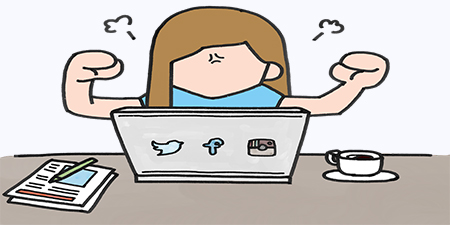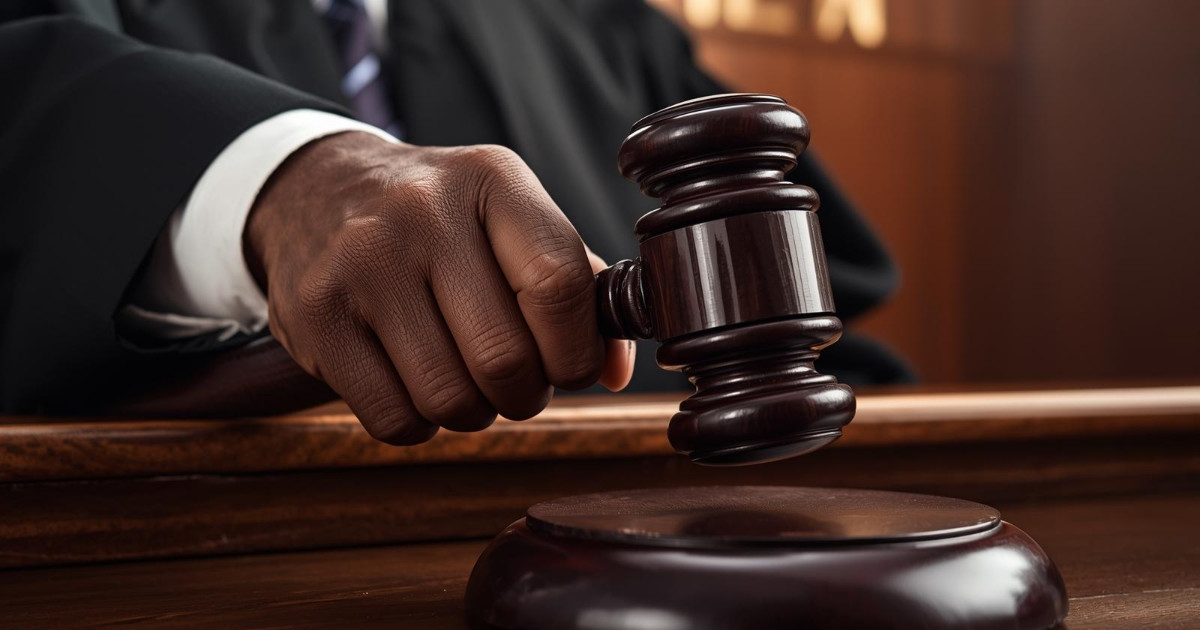Women journalists fight to survive online
JournalismPakistan.com | Published: 3 December 2021 | Cherie Conela
Join our WhatsApp channel
The rise of online platforms has both empowered and endangered women journalists in Pakistan. Many face harassment that undermines their work and personal safety.Summary
ISLAMABAD—The digital world has proved to be a two-edged sword for women journalists. It provides them platform to express themselves, but on the other hand, it has become a great source of online harassment and violence.
The social mindset of suppressing women has reached every household and female journalists, who are supposed to raise women's voices, are now seen struggling to protect their fundamental right of freedom of expression.
From media workers to reporters and famous anchors, all have stories of harassment they face daily on different social media platforms. "I receive objectionable videos and photographs of women from unknown numbers. I have blocked many such numbers, but there is a new number every time. It is bothersome to know that a person with this level of sick mindset has my contact information. It is not easy to ignore such acts," said one journalist while talking to JournalimPakistan.com.
Recently, two prominent female anchors Ghareeda Farooqi and Asma Shirazi, became victims of cyber trolling and online harassment. Ghareeda was unnecessarily targeted based on a leaked videotape, in which an opposition leader was allegedly seen in a compromising position with different unidentified women. Unknown persons ran a highly objectionable hate campaign on social media to malign the image of the TV presenter in the eyes of the public.
According to Ghareeda, it was not the first time she faced such an unwanted and ugly situation. Whenever she tries to perform her journalistic duties, her character assassination on social media begins.
Asma Shirazi faced a similar situation when an international media house published her write-up against the current regime. After the column appeared, she was accused of biased journalism through some posts on the official Twitter account of the ruling party. Extremely insulting and disgraceful trends against her were initiated on Twitter. Rather than showing regret or sympathy with the female journalist, some government officials termed the hate campaign as 'public reaction.'
Similarly, Shiffa Yousafzai, another female TV presenter, had to approach the Islamabad High Court against a so-called broadcast journalist, who in his YouTube channel made baseless and fabricated allegations against her due to gender discrimination.
The country's top female journalists, in a joint letter, called on the government to stop targeting them. They emphasized that workers, supporters, and sympathizers of various political parties, mainly belonging to the ruling party, were behind the character assassination of female journalists on social media.
Unfortunately, female journalists are experiencing online abuse and trolling of one kind or another throughout the world. Such condemnable activities are damaging their confidence, self-esteem, career and feelings of personal safety.
According to observations shared by female journalists at a recent fellowship program organized by UN Women, enduring harassment from anonymous posters or "trolls" online has become an informal part of the job description for many women working in journalism. From negative comments about a story posted to their news organization's webpage to offensive posts on their social media, many women journalists have to navigate online harassment as they attempt to engage with their readers and viewers online.
According to a UNESCO study from 2020, online violence has become a new frontline in journalism safety, which is a dangerous trend for women journalists. The UNESCO study is a global survey of 901 women journalists from 125 countries.
Findings from surveys conducted by UNESCO with women journalists revealed alarming trends in their experience online. The study says that 73 percent of the women journalist responders have experienced online violence during their work, whereas 25 percent responders received threats of physical violence. Around 18 percent were threatened with sexual violence, and 41 percent were targeted in online attacks seemingly linked to orchestrated disinformation campaigns.
The study says that online hate speech and misogyny has a silencing effect on women, limiting their opportunities to freely and safely participate in public life and democratic spaces. According to the UNESCO study, the most frequently recorded response to online violence is self-censorship, followed by a withdrawal from all social media interaction and avoidance of audience engagement. This pattern impacts women's journalistic work, from their reporting to the content of their stories and the selection of sources.
Unfortunately, cyber harassment faced by women journalists resulted in either imposing self-censorship on themselves or leaving the media industry. If they want to advance in their careers, they have to face pressure from their families and society. Women journalists usually restrict themselves in two ways. One is that they do not write on sensitive topics where they face risks of cyberbullying. The other is that they are cautious about expressing their views, opinions or comments on social media. However, several brave female journalists prefer not to compromise on principles and keep reporting without fear of trolling and online harassment.
"To ensure the active participation of women journalists in strengthening a democratic society, it is essential for the state institutions, especially law enforcement agencies, to bring the culprits to justice. Similarly, media organizations and civil society can play their due role in raising awareness on this sensitive issue. In addition, organizing counseling sessions on mental health and training workshops for women journalists could also be beneficial in empowering women journalists to fight against online harassment," said Fauzia Kulsoom Rana, Convener Women Journalists Association of Pakistan.
KEY POINTS:
- Women journalists experience significant online harassment and trolling.
- Prominent female reporters have been targeted in cyber campaigns.
- UNESCO study reveals alarming rates of online violence against women journalists.
- Self-censorship and withdrawal from social media are common responses.
- Calls for government and media organizations to counter online harassment.

























